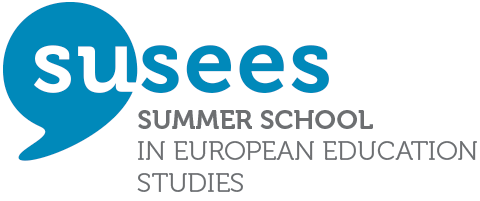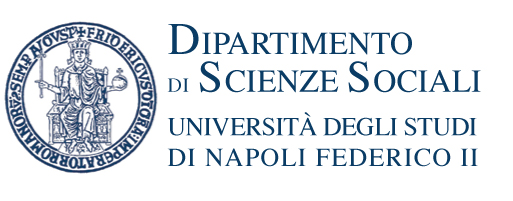Roberto Serpieri – (University of Napoli ‘Federico II’, IT)
Roberto Serpieri is Professor of Sociology of Education at the Department of Social Sciences, University Federico II, Naples, Italy. His expertise concerns primarily education policy analysis, also in a comparative perspective, educational leadership and the studies on the transformations of the education state and professions. He is currently working on diverse topics such the reforming and modernisation of Education Systems across Europe, evaluation and accountability in the field of education and the reshaping of educational professions. The European dimension of education policy and practice his a recurrent topic in his works. He is author of several books, journal articles and essays (All publications can be found at https://www.docenti.unina.it/roberto.serpieri).
Download Serpieri Presentation at SUSEES 2018
The lecture aims to show how the policies of leadership represent a key dispositif (apparatus) for neo-liberal school reforms in Europe and a sort of ideological “veil” in the introduction of New Public Management (Hall 2013), and how leadership has been problematised either in ‘mainstreaming’ or in ‘critical’ educational studies. In particular, in a foucauldian perspective, the concept of dispositif plays a strategic role at the intersection of governmentality, regimes of truth, and technologies of the self. The dispositif is a historical formation of heterogeneous elements as discourses, institutions, rules, scientific knowledge(s), and so on: ‘[t]he apparatus itself is the system of relations that can be established between these elements’ (CF: 194); sort of a contextual and mobile configuration (see Revel 2015). Grounded on a ‘new’ conception of power and challenging its ideological function it is distinguished from other conceptions of State apparatus, such as the ‘Ideological State Apparatuses’ (Althusser 1971).
As for the specific field of educational leadership we should ask how a dispositif involves knowledge (savoirs), practices and technologies that situate head teachers as subjects (and objects) either for the enactment of educational policies or for leading schools as organizations. In doing so, we should weaken the emphasis on ideological role of leaders; that is on leaders as part of those ‘intellectuals/high rank civil servants’ of the State, who play a crucial function in maintaining the bourgeois hegemony (Buci-Glucksman 1975).
Thus, in order to adopt a beyond ideology foucauldian perspective the lecture:
- shows the centrality of dispositif: in particular it discusses the way in which Foucault distances himself from ideology, in his concern with power and knowledge as it evolves towards regimes of truth and technologies of the self.
- illustrates knowledge (savoir) about educational leadership developed, since the ‘80s, drawing on both organisational and managerial sciences; it also highlights reactions to the leadership mantra coming from critical scholars; this requires two interpretative dimensions: discursive and epistemic;
- demonstrates how this knowledge is linked to forms of governmentality which shape leadership dispositif through policies, technologies and practices of training, organization and assessment that subjectivate the head teachers;
- proposes a critical deconstruction of the dispositif, in order to identify emerging ‘potentials’ (Gronn 2009) of democratic leadership, as well as knowledge based on alternative truths.
Readings
Ball, S. J. (2016). Subjectivity as a site of struggle: refusing neoliberalism?. British Journal of Sociology of Education, 37(8), 1129-1146. Bailey, P. L. (2013). The policy dispositif: historical formation and method. Journal of Education Policy, 28(6), 807-827. Hall, D., Møller, J., Schratz, M., and Serpieri, R., (2017) From Welfarism to Neo-Liberalism: Conceptualizing the Diversity of Leadership Models in Europe, in Waite, D. & Bogotch, I., (eds.), The International Handbook of Educational Leadership, Wiley-Blackwell, p. 311-334. Gronn, P. (2010) ‘Leadership: its genealogy, configuration and trajectory’, Journal of Educational Administration and History, 42: 405–435. Gunter, H.M. (2013) ‘On not researching school leadership: the contribution of S. J. Ball’, London Review of Education, 11: 218–228. Gunter, H.M., Grimaldi, E., Hall, D., Serpieri, R., (2016) Introduction in Gunter, H.M., Grimaldi, E., Hall, D., Serpieri, R., (eds.), New Public Management and the Reform of Education. European lessons for policy and practice, London: Routledge. Serpieri, R. & Grimaldi, E. (2015). Leader as Policy Device: the Hybridization of Head Teachers in Italy. Journal of Educational, Cultural and Psychological Studies, 11, pp. 69-86.


